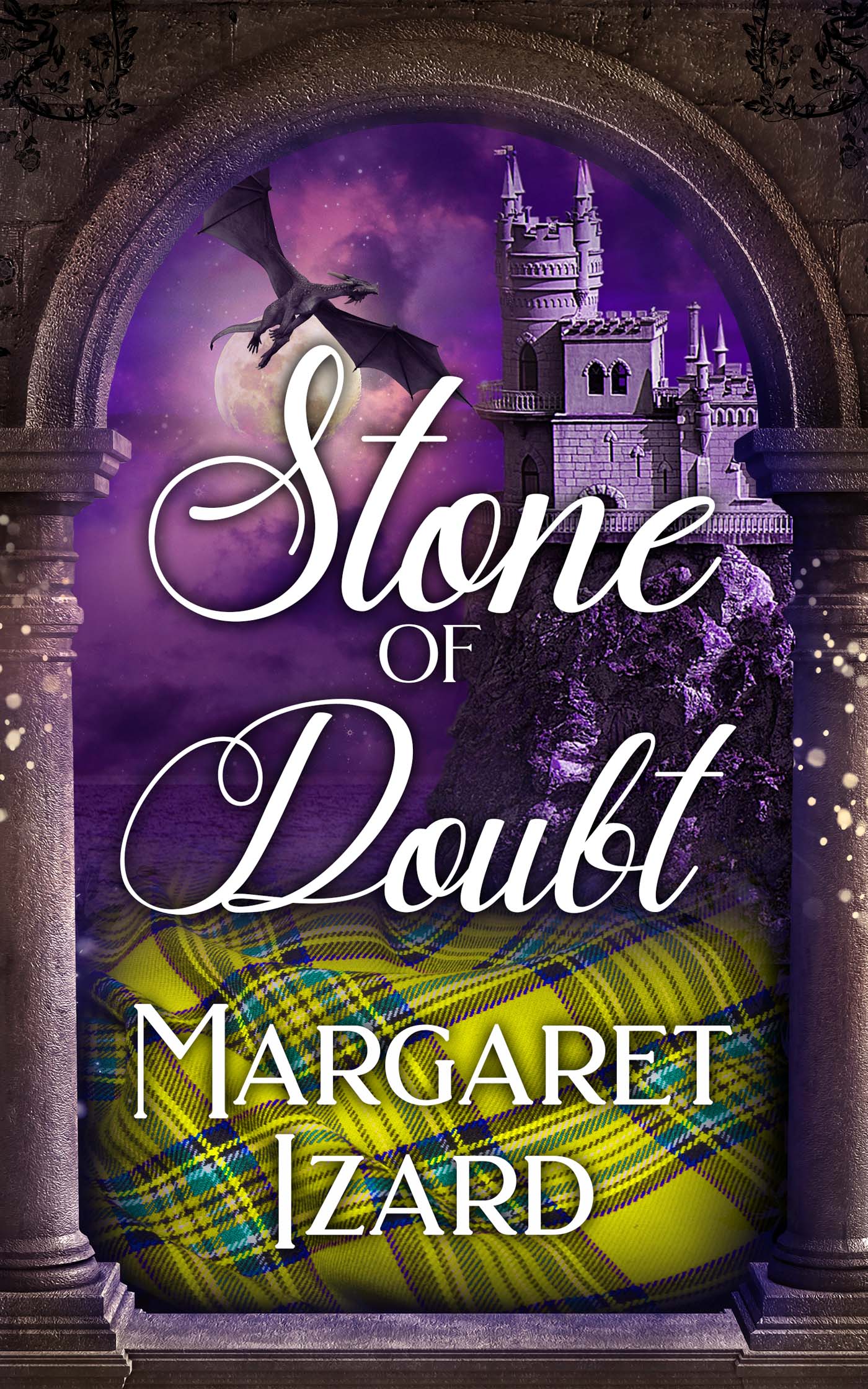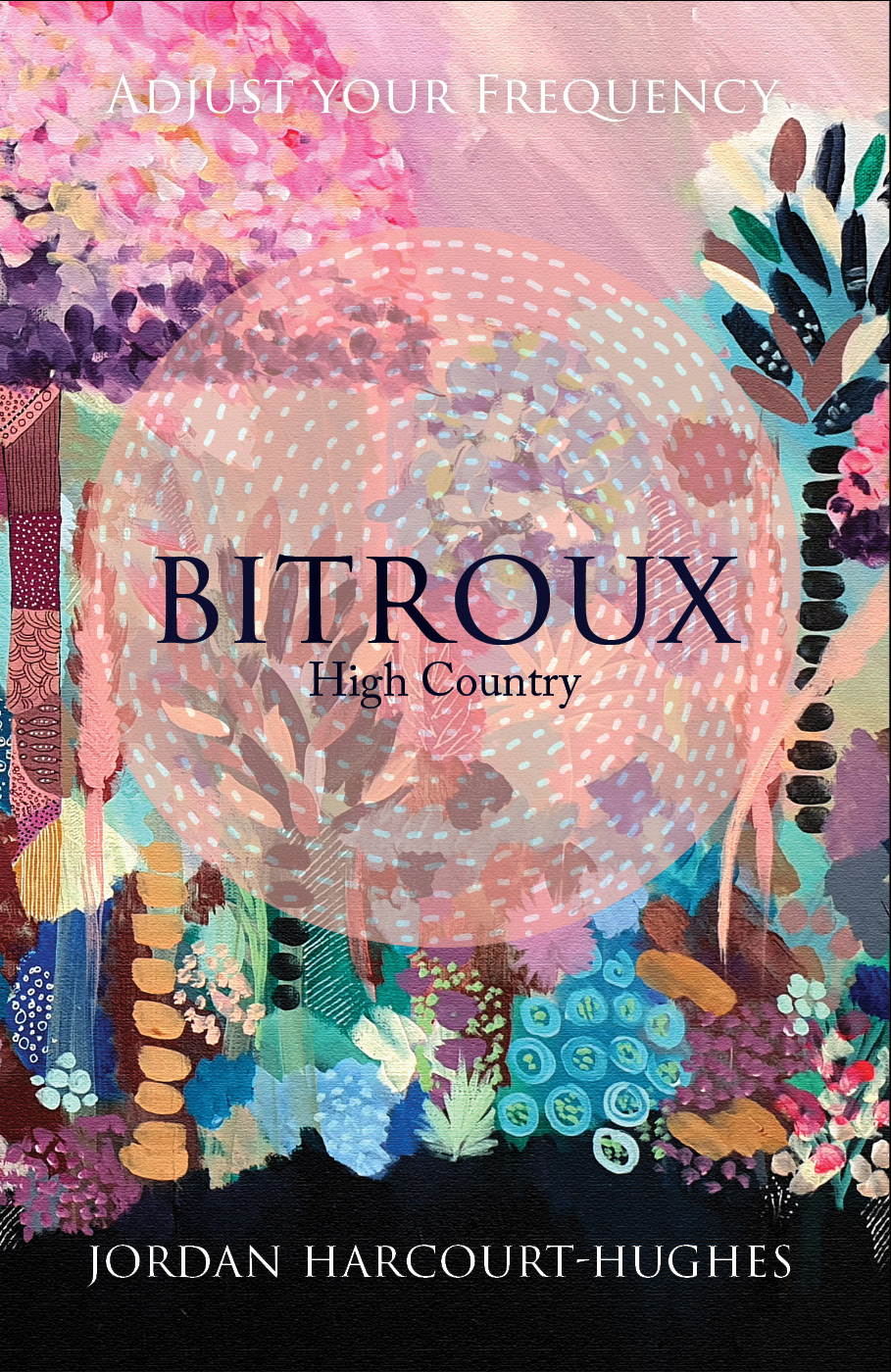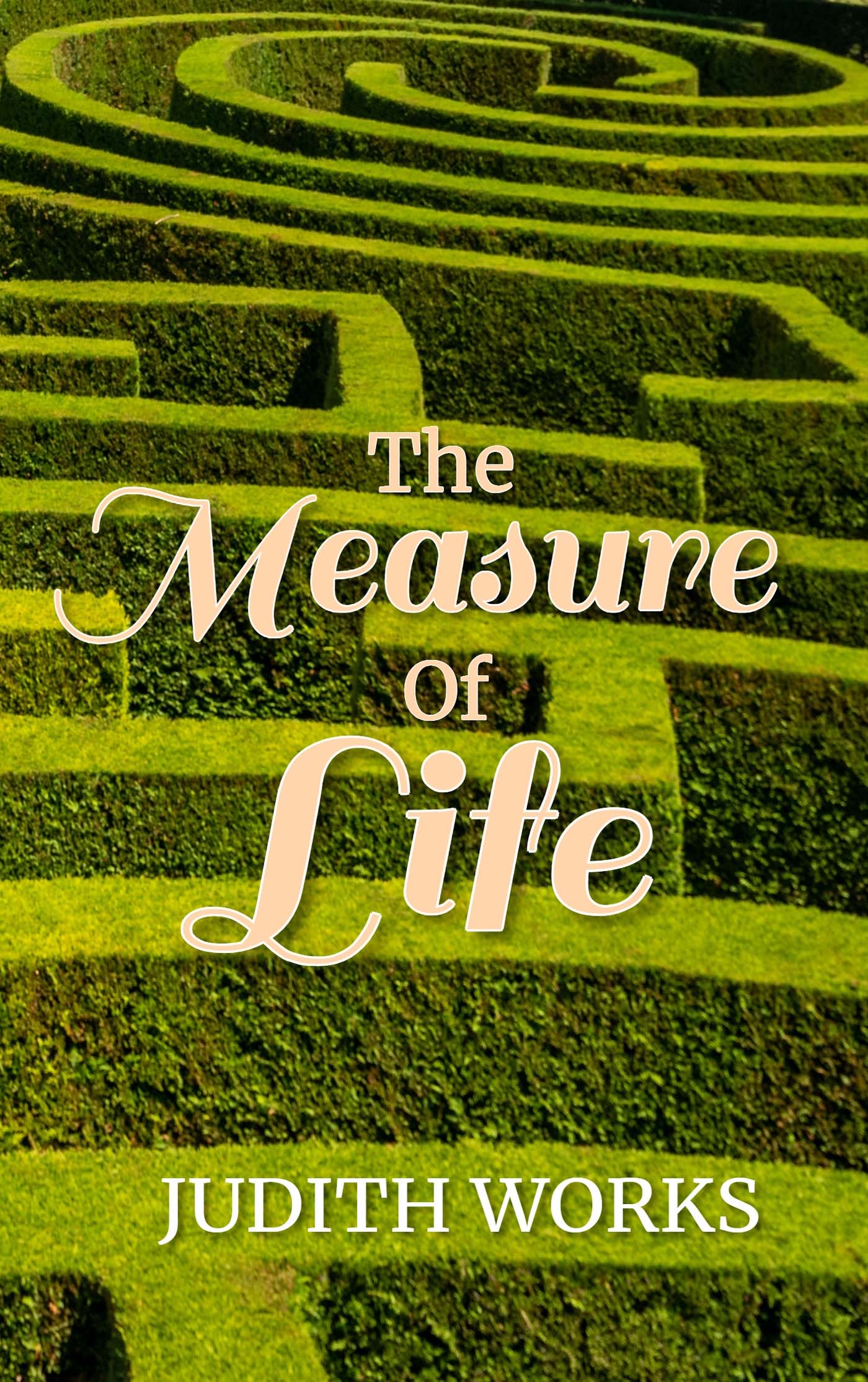Calling Ukraine by Johannes Lichtman
Publisher: Marysue Rucci Books, Scribner
Genre: Historical, Fiction
Rating: 4 stars
Reviewed by LavenderNational Book Foundation 5 Under 35 honoree and author of Such Good Work Johannes Lichtman returns with a novel that is strikingly relevant to our times—about an American who takes a job in Ukraine in 2018, only to find that his struggle to understand the customs and culture is eclipsed by a romantic entanglement with deadly consequences.
Shortly after his thirtieth birthday, John Turner receives a call from an old college friend who makes him an odd job offer: move to Ukraine to teach customer service agents at a startup how to sound American. John’s never been to Ukraine, doesn’t speak Ukrainian, and is supposed to be a journalist, not a consultant. But having just gone through a break-up and the death of his father, it might just be the new start he’s been looking for.
In Ukraine, John understands very little—the language and social customs are impenetrable to him. At work, his employees are fluent in English but have difficulty grasping the concept of “small talk.” And although he told himself not to get romantically involved while abroad, he can’t help but be increasingly drawn to one of his colleagues.
Most distressing, however, is the fact that John can hear, through their shared wall, his neighbor beating his wife. Desperate to help, John decides to offer the neighbor 100,000 hryvnias to stop. It’s a plan born out the best intentions, but one that has disastrous repercussions that no amount of money or altruism can resolve.
Like Ben Lerner’s Leaving the Atocha Station and Garth Greenwell’s What Belongs to You, Calling Ukraine reimagines the American-abroad novel. Moving effortlessly between the comic and the tragic, Johannes Lichtman deploys his signature wry humor and startling moral acuity to illuminate the inevitable complexities of doing right by others.
Calling Ukraine presents an American journalist who is offered a job in Ukraine. John Turner’s old friend needs him to go there and teach Ukrainians in a call center how to sound American, in order to make calls go smoother and faster.
John packs his bags and heads there, where he knows very little about the language and culture. He runs into various characters who have their own way of teaching him about Ukrainian society—in and out of the office. He also meets an American woman who is there, and they strike up a temporary friendship.
John’s adventures start out innocent enough then get more troublesome. He finds himself in a difficult situation and can’t handle it the way Americans would back home. He comes up with a strange solution, but this takes a very bad turn. From then on, he’s looking over his shoulder, very anxious of being thrown into a Ukrainian prison.
The book is fast-paced and entertaining. There was one part that stands out as too judgmental, when John has a conversation about Gen X. He is harsh with this generation, and his views don’t sound accurate, but rather like someone younger judging an age group and not understanding how it really was—based on a television sitcom. However, the book is good, with rising tension and complex characters, and it is not predictable. This story was informative about Ukraine and enjoyable.






















Speak Your Mind